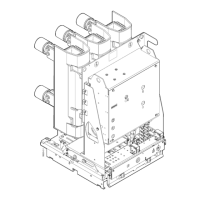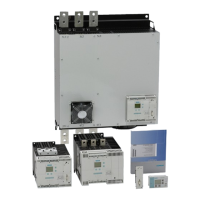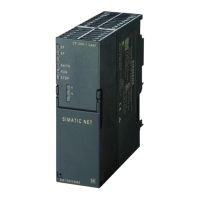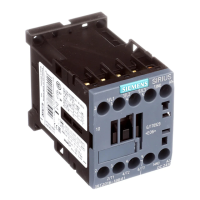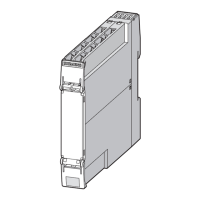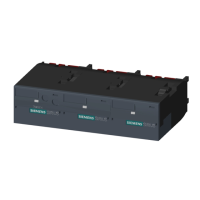4.2 CMR
Like the Fusesaver, the CMR has multiple sources of control for Trips & Closes and for changing
protection operation.
4.2.1 RCU as a conduit for data
The RCU is simply a conduit from SCADA (and the Operator Panel) to the CMR. Therefore, as long
as its local state allows it (see below), the RCU will
o pass all requests (from SCADA or the operator panel) onto the target CMR without
considering the CMR’s state or configuration.
o Immediately send a SCADA acknowledgement, without checking whether the CMR has
accepted, or successfully actioned the request.
The RCU’s SCADA database provides point indicating whether a CMR accepted (i.e., positively
acknowledged) or rejected (i.e. negatively acknowledged (i.e., blocked or rejected), or failed to
acknowledge within a timeout) the last request it sent.
4.2.2 Hierarchy of Control
In general, local operation takes precedence over remote operation with the following order of
priority:
o CMR handles
o If the red handle is down, the CMR’s protection group cannot be changed.
o If the yellow handle is down, the CMR cannot be closed.
o local operator using the CMRConnect PC application
o While CMRConnect is communicating with (“in session” with) any phase paired with
the RCU, the RCU will not interact with ANY CMR. It will not send controls (whether
they come from SCADA or the operator panel) nor retrieve events until the session
ends. This means that certain RCU database points will not update until the session
ends. The RCU maintains a database point indicating when a CMR is “in session”.
See [3] for further details regarding the interaction between RCU and CMRConnect.
o local operator using an RCU Operator panel (see [4] for further details)
o If the “Remote Control” switch on the RCU front panel in the OFF position then the
RCU will not accept SCADA controls (with one exception – see below), only controls
from the panel.
o If the “Remote Control” switch on the RCU front panel in the ON and the RCU is
configured with the “Control Panel Ignore Remote Switch” item enabled, then the
RCU will accept controls from both SCADA and the operator panel.
o a remote user sending SCADA controls.
o If the “Remote Control” switch on the RCU front panel in the ON and the RCU is
configured with the “Control Panel Ignore Remote Switch” item disabled, then the
RCU will only accept controls from SCADA (and not from the operator panel).
o If the “Remote Control” switchon the RCU front panel is in the OFF position, and the
RCU is configured with the “Always Allow Trip” configuration item enabled, then
SCADA trip operations will be allowed.
4.2.3 Trip and Close
